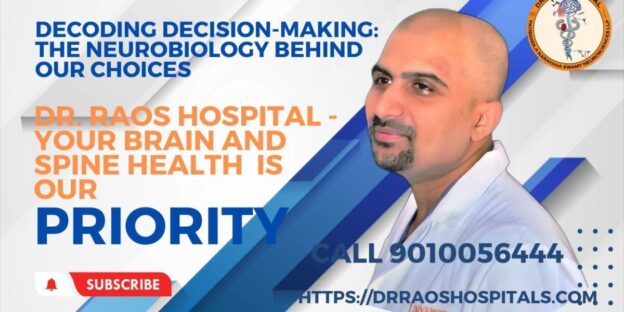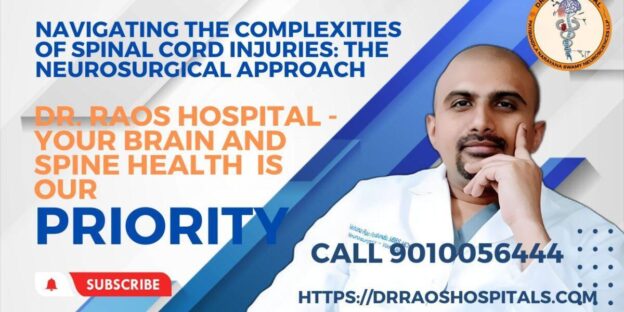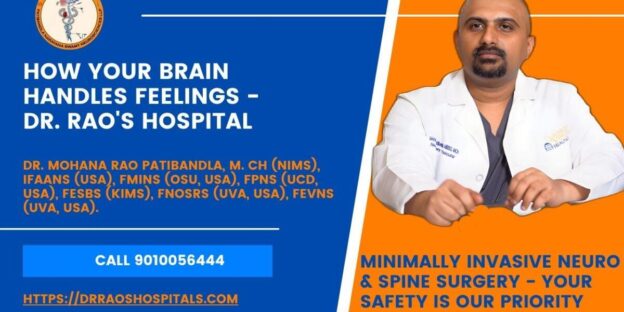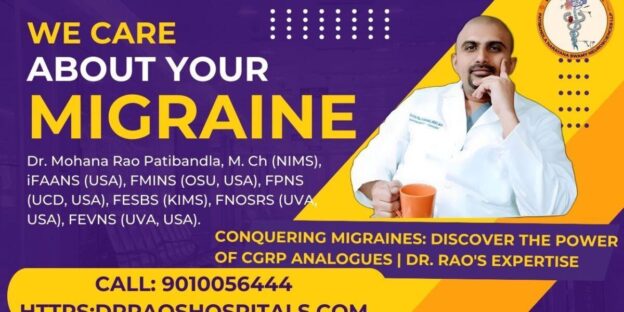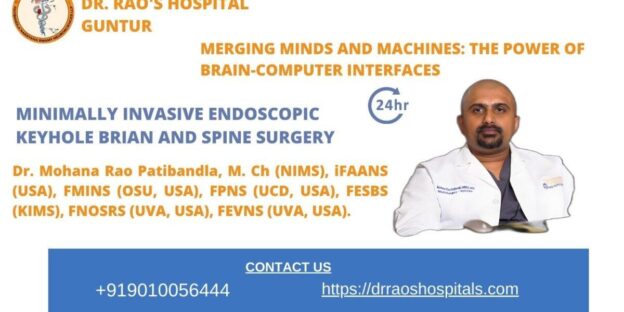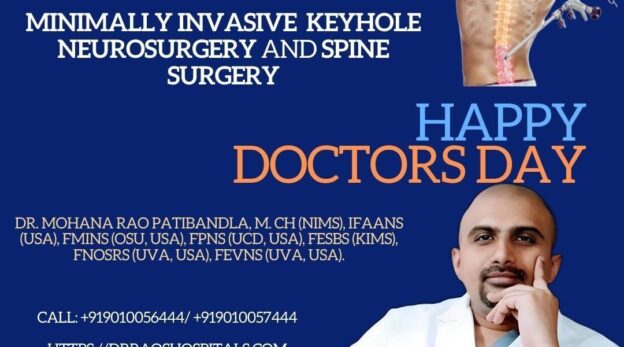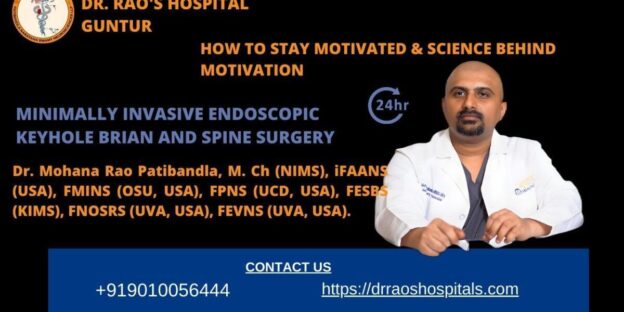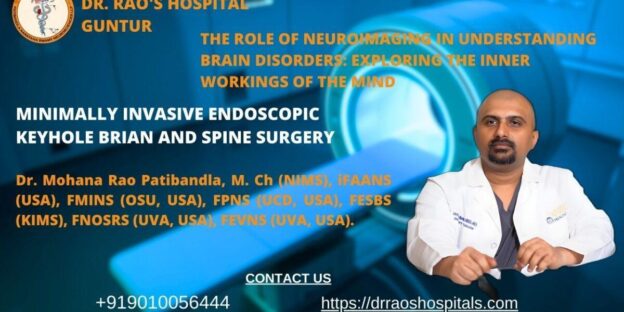Neuroscience and Nutrition: Fueling Your Brain for Optimal Cognitive Performance
Summary: Are you looking to improve your cognitive performance and support your brain health? Look no further! This blog explores the top 20 crucial foods for nourishing your brain and promoting optimal cognitive function. Discover the delicious and nutrient-rich options to enhance your brain power, from fatty fish and blueberries to dark chocolate and green tea. Don’t miss out on the opportunity to unlock your full cognitive potential with these brain-nourishing foods.
Introduction
In our fast-paced world, our brain plays a crucial role in our ability to think, learn, and perform daily tasks. Like a well-oiled machine, our brain requires the right fuel to function at its best. This blog explores the fascinating connection between neuroscience and nutrition and how nourishing our brains with the right foods can enhance cognitive performance. Join us as we delve into the power of nutrition in unlocking your brain’s potential.
The Brain: The Command Center of Our Body
- Our brain is the control center of our body, responsible for our thoughts, emotions, and actions.
- It comprises billions of neurons that communicate through complex electrical and chemical signals.
The Science of Nutrition and Brain Health
- Research has shown that what we eat can directly influence brain function and overall cognitive health.
- Nutrient-rich foods provide the building blocks for producing neurotransmitters, the brain’s chemical messengers.
Critical Nutrients for Brain Health
- Omega-3 Fatty Acids: Found in fatty fish, nuts, and seeds, these essential fats support brain development and function.
- Antioxidants: Antioxidants protect brain cells from oxidative stress in colorful fruits and vegetables.
- B Vitamins: Vital for energy production and neurotransmitter synthesis; B vitamins can be obtained from whole grains, leafy greens, and legumes.
The Gut-Brain Connection
- The gut and brain are interconnected through a complex network of nerves and chemical signals.
- A healthy gut microbiome, supported by a balanced diet of fiber and probiotics, can positively influence brain health.
Foods That Boost Cognitive Performance
- Blueberries: Packed with antioxidants, blueberries have been linked to improved memory and cognitive function.
- Dark Chocolate: Contains flavonoids that enhance blood flow to the brain, promoting alertness and mental acuity.
- Leafy Greens: Spinach, kale, and other leafy greens are rich in vitamins and minerals that support brain health.
The Role of Hydration
- Proper hydration is essential for optimal brain function. Dehydration can impair cognitive performance and concentration.
- Aim to drink adequate water throughout the day to keep your brain hydrated and functioning at its best.
20 Brain-Nourishing Foods for Optimal Cognitive Health
Introduction: Regarding supporting our brain health, nutrition plays a crucial role. Food can directly impact our cognitive function, memory, and overall brain health. Here are 20 nutrient-rich foods that are important for optimal brain nutrition.
- Fatty Fish: Rich in omega-3 fatty acids, fatty fish like salmon, sardines, and trout support brain health and cognitive function.
- Blueberries: Packed with antioxidants, blueberries have been linked to improved memory and cognitive performance.
- Turmeric contains curcumin, a potent anti-inflammatory, and antioxidant compound that may improve brain health.
- Broccoli: High in antioxidants and vitamin K, broccoli helps support brain function and memory.
- Pumpkin Seeds: Rich in antioxidants, iron, zinc, and magnesium, pumpkin seeds provide essential nutrients for brain health.
- Dark Chocolate: Contains flavonoids that improve blood flow to the brain and enhance cognitive function.
- Nuts: Walnuts, almonds, and other nuts are packed with healthy fats, antioxidants, and vitamin E, promoting brain health.
- Oranges: High in vitamin C, oranges provide antioxidant protection and support brain health.
- Eggs: A great source of several nutrients, including vitamins B6 and B12, folate, and choline, all of which are essential for brain health.
- Green Tea: Contains caffeine and L-theanine, promoting focus, alertness, and cognitive function.
- Avocados: Rich in healthy fats, avocados support brain health and improve cognitive function.
- Spinach: Packed with antioxidants, vitamins, and minerals, spinach is a brain-boosting powerhouse.
- Tomatoes: Rich in antioxidants and lycopene, tomatoes protect against free radicals and support brain health.
- Pumpkin: Loaded with antioxidants and nutrients, pumpkin supports brain health and memory.
- Chia Seeds: High in omega-3 fatty acids, fiber, and antioxidants, chia seeds provide essential nutrients for brain health.
- Beets: Contain natural nitrates that improve blood flow to the brain, enhancing cognitive function.
- Whole Grains: Whole grains like brown rice, quinoa, and oats provide a steady energy supply to the brain.
- Lentils: Packed with fiber, iron, and folate, lentils support brain health and improve cognitive function.
- Yogurt: Rich in probiotics, yogurt promotes a healthy gut-brain connection and supports brain function.
- Green Leafy Vegetables: Kale, spinach, and other leafy greens are abundant in vitamins and minerals that nourish the brain.
Incorporating these 20 brain-nourishing foods into your diet can significantly support your cognitive health and overall brain function. Remember to maintain a balanced diet, stay hydrated, and consult a healthcare professional or nutritionist for personalized advice. Prioritize your brain health and unlock your full cognitive potential by fueling your body with these nutrient-rich foods.
Conclusion
As we unravel the intricate connection between neuroscience and nutrition, it becomes evident that the food we eat plays a vital role in supporting our brain’s health and cognitive performance. By nourishing our brains with nutrient-rich foods, we can unlock our full potential and achieve optimal cognitive function. So, let’s make conscious choices to fuel our brains and embark on a journey to a sharper, more vibrant mind.
To learn more about the fascinating field of neuroscience and to receive expert guidance on brain health, contact Dr. Rao, the best neurosurgeon in India, at Dr. Rao’s Hospital. Call 9010056444 or visit https://drraoshospitals.com to schedule a consultation and start your journey toward optimal brain health.


